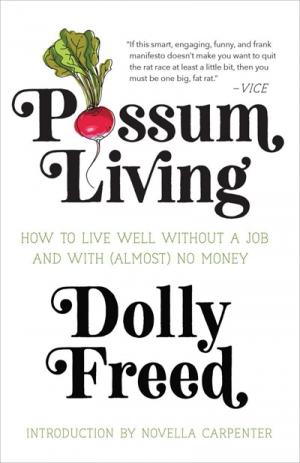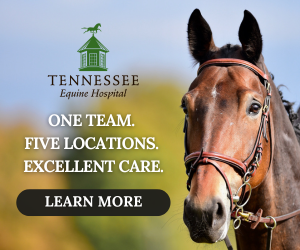This book was recommended to us by Al Morse, social media manager at Square Books in Oxford, MS. Al says of the book: “Written by an 18-year-old Dolly Freed, Possum Living explores the joy and trials of sustainable living in the 1970s. Some tips and tricks might seem dated, but the spirit of self sufficiency is vivid in this bright memoir. I recommend listening to ‘I Quit My Job’ by Old Man Luedecke when reading.” I did and heard some good banjo picking! [Hear the song, recorded live at WAMU’s Bluegrass Country at: https://www.youtube.com/watch?v=WdXsrrxymT8]
One might call it an early version of “sustainable living.” The book was originally published in 1978, when Freed and her dad lived “off the land” on half an acre near Philadelphia, PA. It’s the story of an eighteen-year-old who decided to drop out of the “rat race” to live as a “possum.” They raised and ate rabbits, distilled their own liquor, and had few material possessions. She even writes a section on advice for turtle hunting. Freed describes the lifestyle: “to drift along from day to day… We live this way for a very simple reason: It’s easier to learn to do without some of the things that money can buy than to earn the money to buy them.”
Then in early 2019 Tin House books re-released the book with a new afterword from Freed. Looking back, she says that “it’s still right on target. Prices and technology have changed, but the principals are the same.”
Through the years becoming a mature adult, she went to school to become a NASA engineer, married and raised two children with her husband in Texas. With renewed attention to her book, Dolly said she “had to get a phone so I could do interviews.” She now has a car and a big garden and lives more like a “half-possum” life. Just before turning sixty, she said in an interview, “Just knowing that I have the skills to live and be frugal has made so many potential life emergencies easier.”
She also talked about the “different kinds of poverty: There is a poverty of status in our country where you have all the food and water you need, but you think other people are doing better all around you. You can also have a poverty of control. You feel you can’t choose how you spend your day. … Possum living is about taking control of what you want in life.”
On hunting turtles for food she explained, “The problem with some animals is that they have been overhunted or overfished, and often not for local consumption. Usually when people are hunting for themselves, they tend to take good care of the resource and the environment. I think you can feel good about eating invasive species and not harming the environment.”
Gardening is still an important part of her life. “Having a little spot to tend gives you confidence when the economy and politics are out of your control. You’re taking a seed and some dirt and making something from nothing. That’s empowering! The most satisfying thing about gardening is the food tastes great.”
Find more information at Tin House books: https://tinhouse.com/book/possum-living-how-to-live-well-without-a-job-and-with-almost-no-money/ or find it at Square Books: www.squarebooks.com.
Additional reading:
Lotz, C.J. 2019. “The Enduring Charm of Possum Living.” Garden & Gun. January 17. https://gardenandgun.com/articles/enduring-charm-possum-living/








